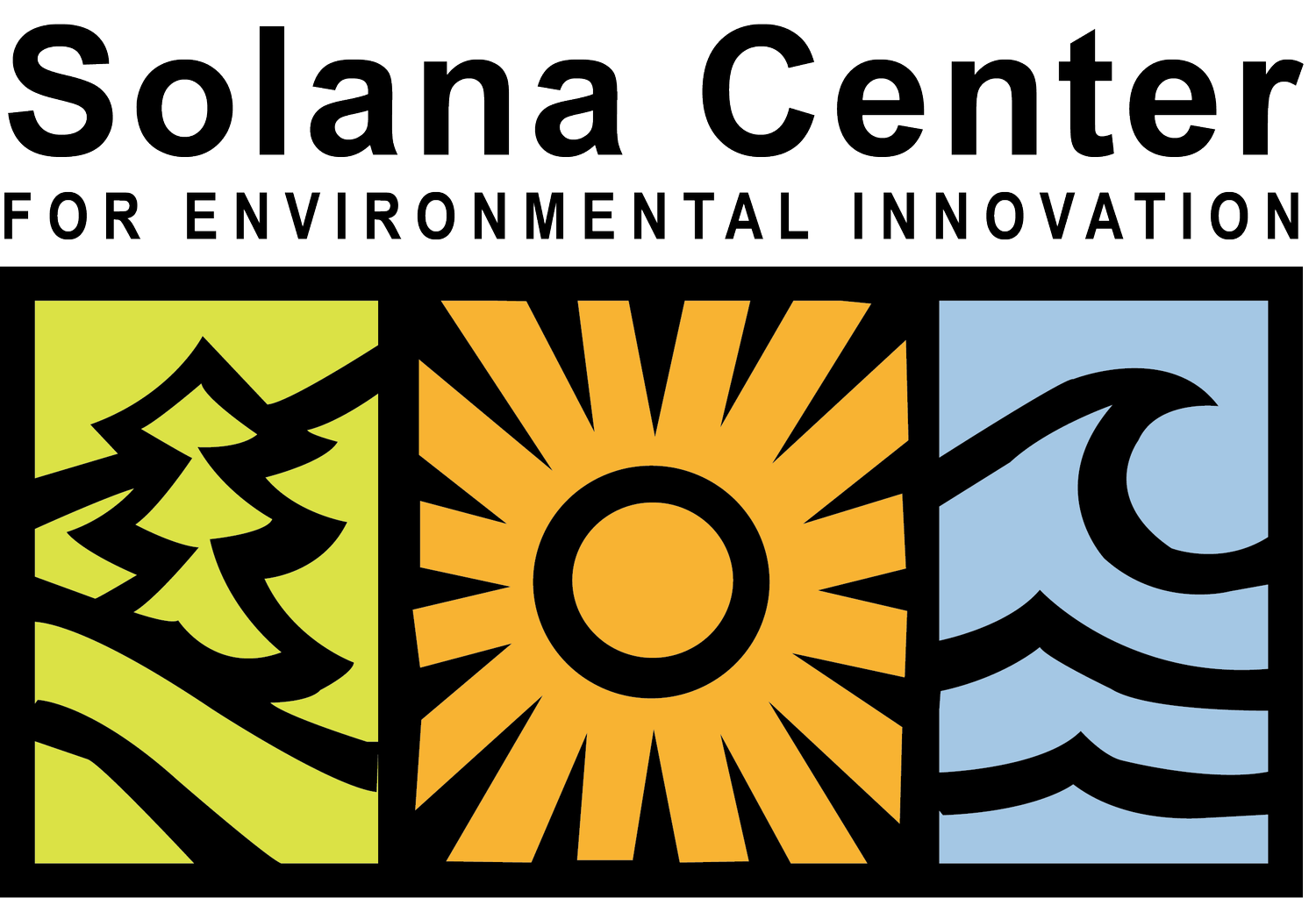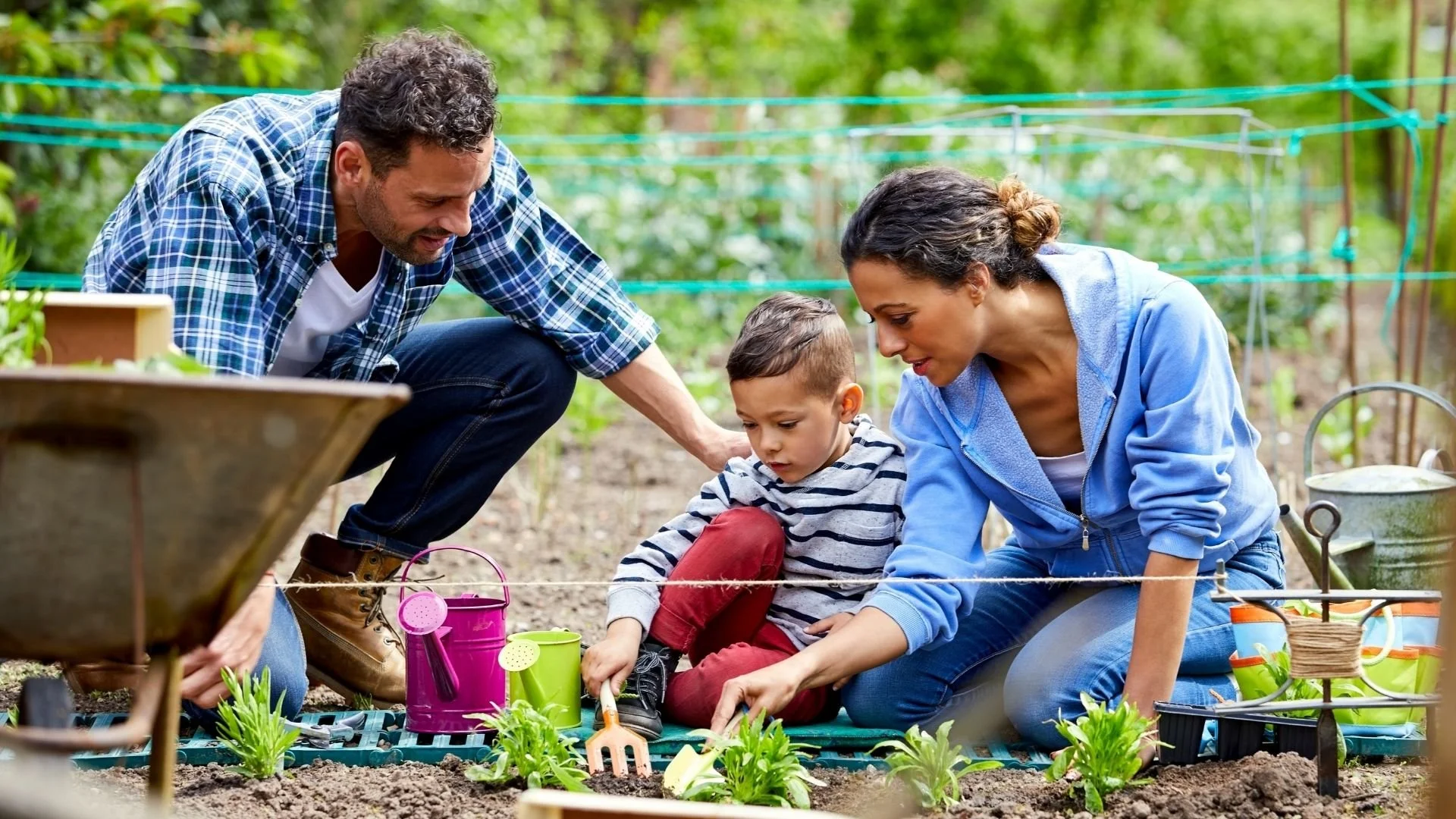
RESIDENTIAL PROGRAMS
From water stewardship and waste reduction, to composting and gardening, our sustainable living programs focus on practical actions you can take in your daily routine. Whether you live in an apartment, rent, or own a home, there are sustainable practices to incorporate into your lifestyle no matter where you are on your environmental journey.
Ways to Get involved
-

Learn
Join a low or no cost workshop, event, or webinar to learn more about how to live a greener lifestyle. We offer a variety of topics including food waste prevention, composting, gardening, chicken keeping, watershed pollution prevention and more!
-
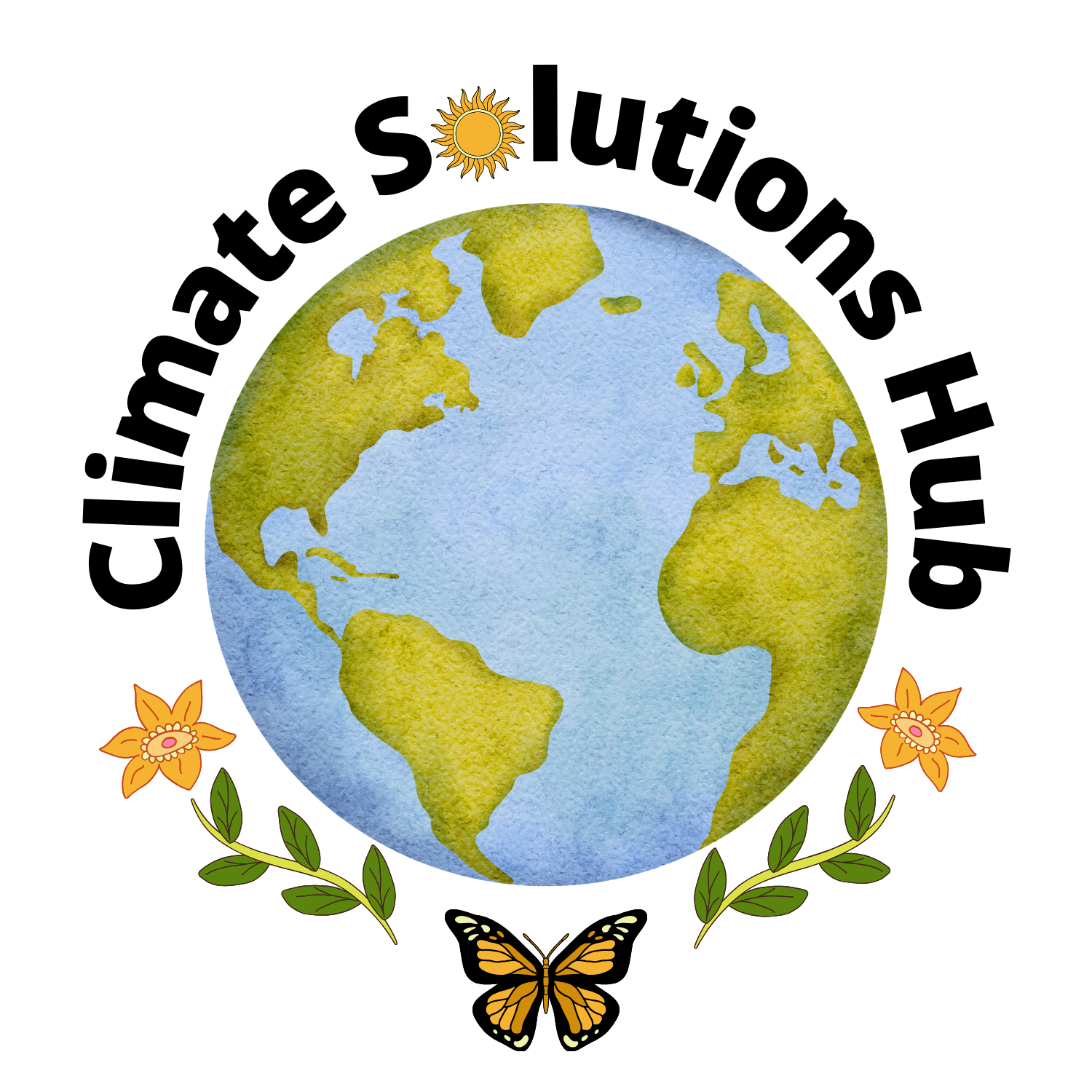
Climate Solutions Hub and Sustainability Shop
Visit us at our headquarters in Encinitas to engage in our Climate Solutions Hub programs and shop for eco-friendly supplies in our Sustainability Shop.
-

Food Waste Prevention
Individual actions matter in the global fight to end food waste. If every San Diegan saved just one pound of food from going to waste each month, in one year, San Diego County would save 40 million pounds of food from going to landfill.
-
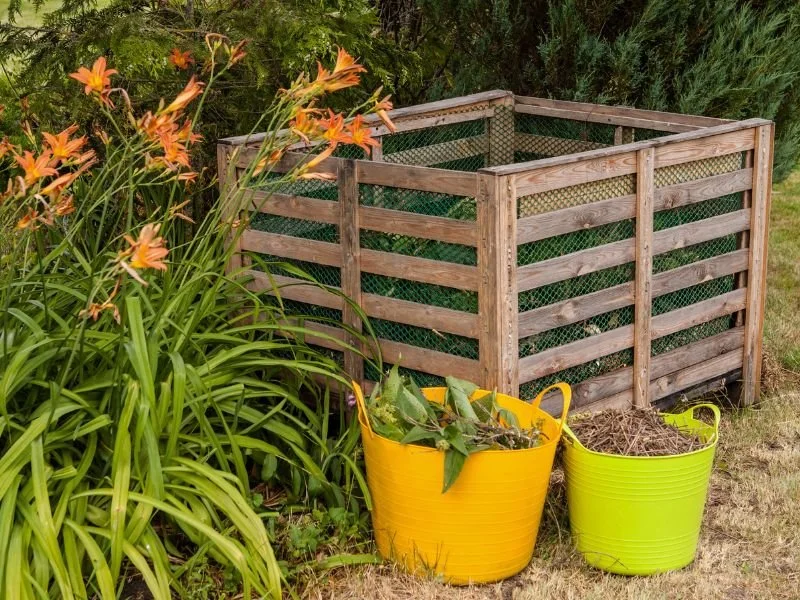
Composting
Composting is an easy way to convert kitchen and yard waste into a nutrient-rich soil amendment and water-retaining mulch for your garden. Organic materials such as yard trimmings and food scraps make up a large portion of residential discarded resources.
-
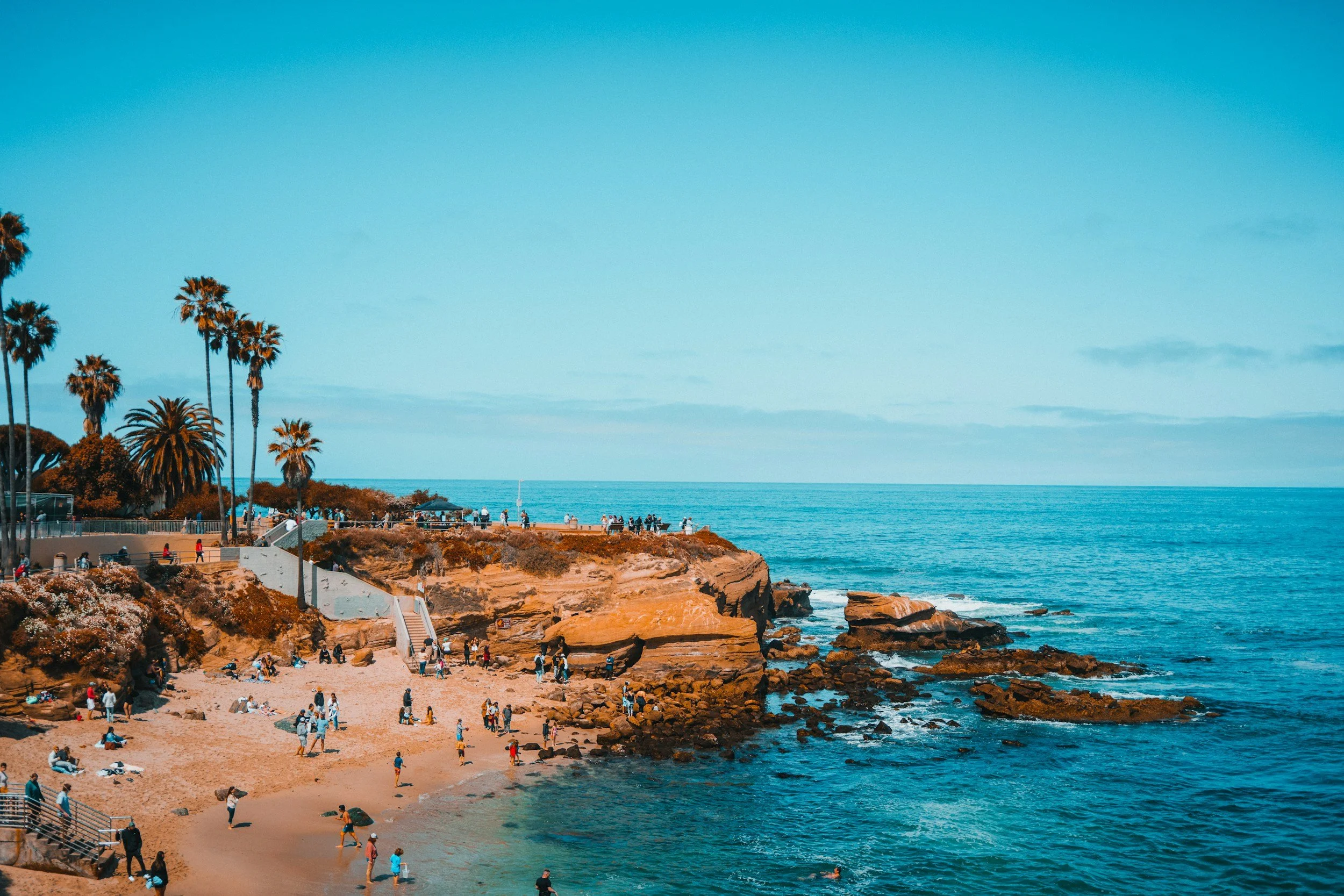
Water Conservation
We all play a part in the ongoing health of San Diego's oceans, beaches, rivers, lakes, and lagoons through responsible use of water. This can be done by preventing polluted rainwater runoff from entering our natural waterways, and instead, redirecting fresh rainwater to our plants that need it most.
-
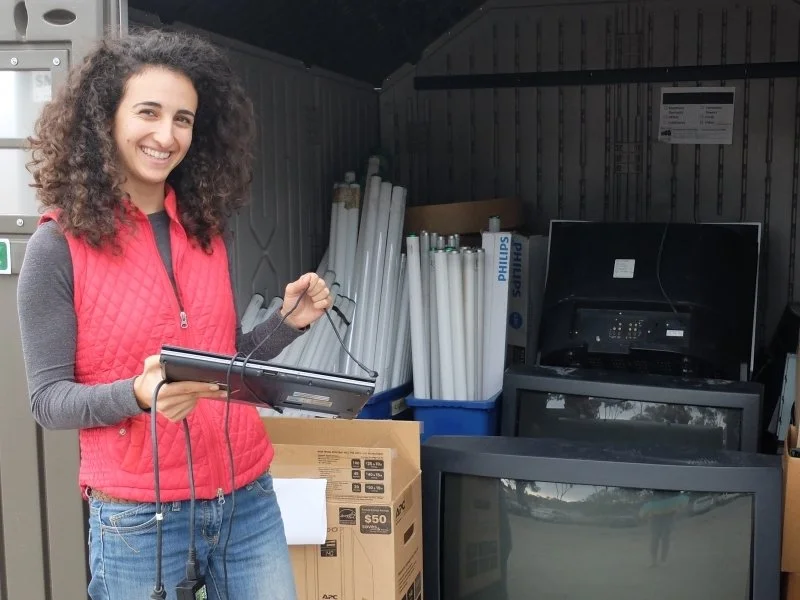
Divert Household Hazardous Materials from the Landfill
Electronic waste represents about 2% of the waste in America's landfills but equals around 70% of the overall toxic waste which can eventually pollute our groundwater supply. Be a responsible consumer by seeking out e-waste, battery, lightbulb, and household hazardous waste recycling instead of adding to the landfill.
-

Textile Waste Reduction
Learn more about ways to reduce your textile waste. From buying sustainable apparel and choosing natural fibers, to mending and upcycling we can all be part of the solution.
-
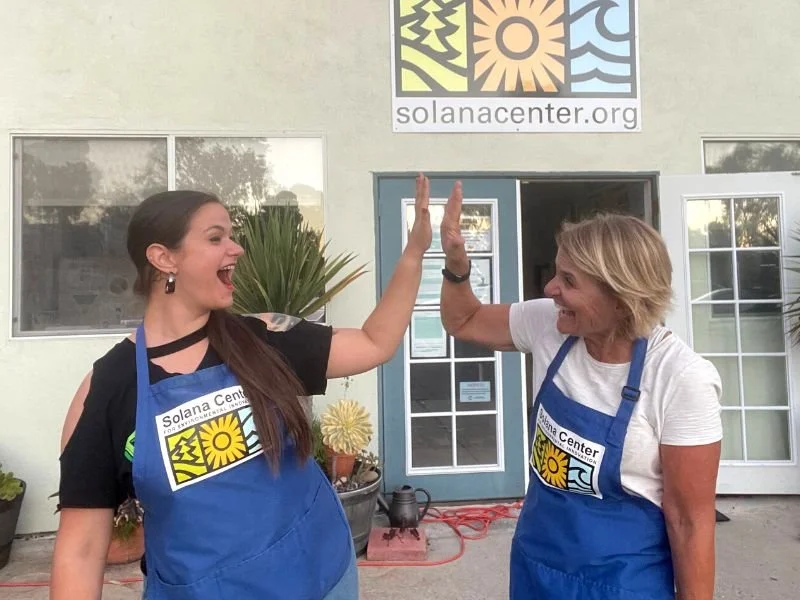
Schedule a Free Manure Management Consultation
Our staff of composting experts are standing by to troubleshoot your manure composting and management issues. Unincorporated San Diego County residents, contact (760) 436-7986 ×700 or info@solanacenter.org to see if you’re eligible and schedule your call.
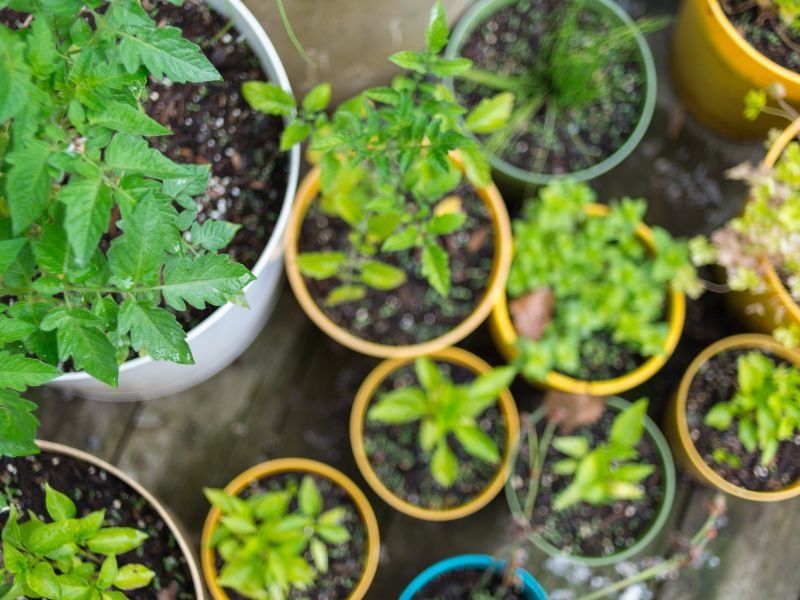
Call us on the Climate Solutions Hotline
(760) 436-7986 x700 or info@solanacenter.org
We can help you with:
Manure management
Rainwater harvesting
Solana Center programs & events
Composting
Food waste diversion
Household hazardous waste disposal resources
We are equipped to serve residents throughout San Diego County.
